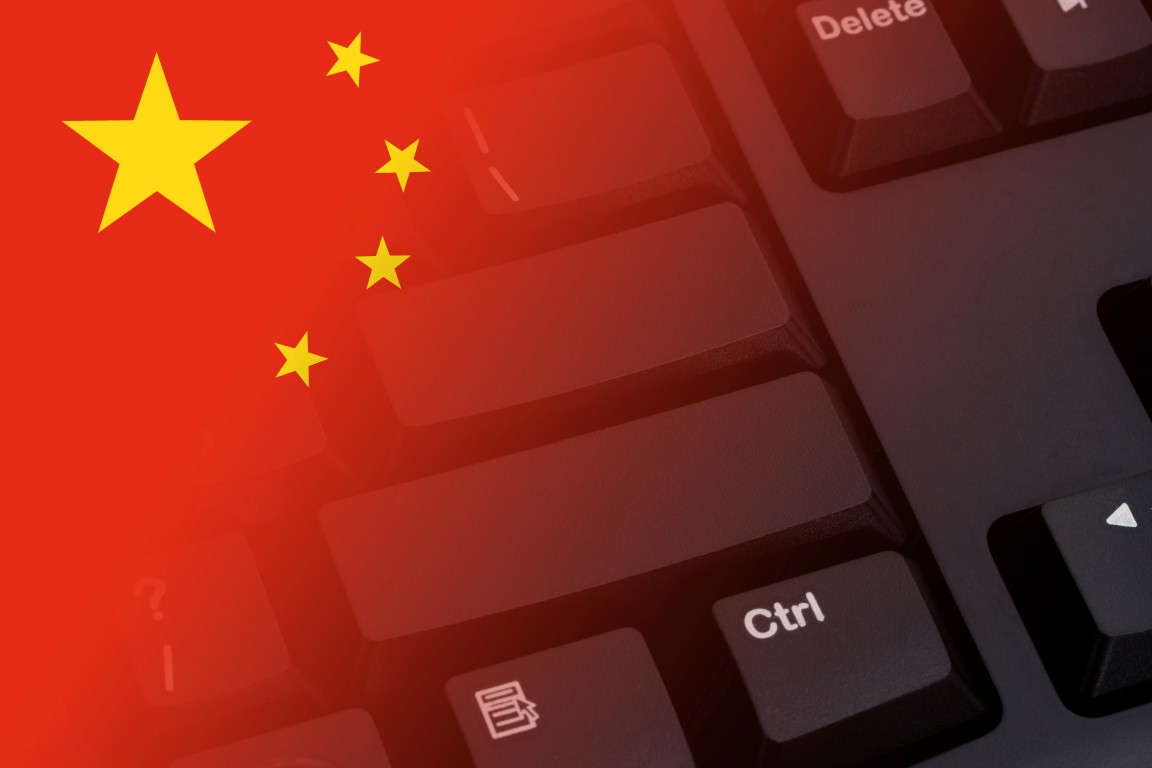

The boss of Alphabet has appeared before the US Congress and denied that the search engine giant is to re-enter the Chinese market any time soon.
The comments were made by chief executive Sundar Pichai as he appeared before the US House of Representatives Judiciary Committee.
He reportedly spent much of the time fending off Republican accusations that Google’s search results are biased against conservatives and that the company had sought to influence the outcome of the 2016 presidential election.
This is not the first time that Google has been quizzed about its China plans.
In September a bipartisan group of 16 US lawmakers wrote a letter to Google, asking if the Alphabet owned firm would be complying with China’s censorship and surveillance policies should it re-enter the Chinese market.
It came after a number of media reports in September suggested Google was seeking to re-enter the Chinese market with an Android search app that would blacklist content deemed unacceptable by Chinese authorities.
That decision to develop a mobile search app (Project Dragonfly) for China was hugely controversial, as it opens the firm up to allegations of supporting state censorship.
The Project Dragonfly app is apparently tailored for the Android operating system. The search app is said to automatically identify and filter websites blocked by China’s ‘Great Firewall’.
Google has reportedly demonstrated the service to Chinese government officials, but the app would still require Chinese government approval before it could be launched in that country.
Google has apparently faced an internal petition from “hundreds of staff” calling for more transparency and oversight of the project.
The firm’s management has previously stated that the company was “thoughtfully considering a variety of options for how to offer services in China in a way that is consistent with our mission.”
But now Pichai has told Congress directly that Google has “no plans” to relaunch a search engine in China, according to Reuters.
“Right now, there are no plans to launch search in China,” Pichai told the Judiciary Committee.
But he added that internally Google has “developed and looked at what search could look like. We’ve had the project underway for a while. At one point, we’ve had over 100 people working on it is my understanding.”
Pichai said there are no current discussions with the Chinese government. He vowed that he would be “fully transparent” with policymakers if the company brings search products to China.
Meanwhile a Chinese government official told Reuters last month that it was unlikely Google would get clearance to launch a search service in 2019.
China of course is widely considered to have one of the most repressive Internet censorship schemes in the world, which is designed to prevent criticism of the ruling Communist Party and suppress dissent and other information deemed dangerous to the state.
China exit
It should be remembered that Google effectively retreated from the Chinese market in 2010 and its websites and services remain blocked in that country, after it refused to abide by its censorship rules.
Google at the time accused Chinese-based hackers of carrying out a number of attacks on the Gmail accounts of human rights activists. That triggered a huge political row between America and China in 2011.
Despite that retreat, Google still has several hundred staff in China, and in December 2017 it launched its own artificial intelligence (AI) lab there.
Quiz: Are you a Google expert?
OpenAI chief operating officer Brad Lightcap to oversee international expansion as company consolidates lead in…
Chinese researchers publish details on device that could wreak havoc on undersea communications cables in…
Former Intel chief Gelsinger expands role at Gloo, becoming executive chairman and head of technology…
MEPs add to Commission pressure for second EU Chips Act amidst industry calls for renewed…
Smartphone maker Xiaomi reportedly raises about $5.5bn in Hong Kong share sale as it invests…
BYD's Qin L EV sedan starts at about half the price of Tesla's Model 3,…